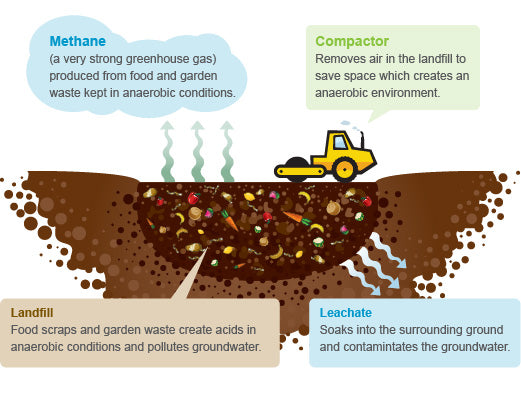The Benefits of Recycling Waste Coffee Grounds for a Greener Future
Coffee is the most beloved drink in the world, with billions of cups consumed every day. In fact, it is the second most consumed beverage in the world. However, have you ever considered what happens to the leftover coffee grounds? Recycling waste coffee grounds can have a significant impact on the environment and promote a more sustainable future. In this blog post, we will explore the benefits of recycling waste coffee grounds including what you can do at home.
Composting Waste Coffee Grounds for Healthier Soil
Recycling waste coffee grounds through composting is one of the best ways to enrich the soil. Coffee grounds are nutrient-rich and contain nitrogen, which is beneficial for soil and plant health. To compost coffee grounds, treat them as ‘green components’ and mix them with other organic materials such as leaves, grass clippings, and vegetable scraps in a compost bin or pile. Turn the compost regularly and keep it moist to speed up the decomposition process. Once formed, mix it well into your garden soil.
Using Coffee Grounds as Natural Fertilizer for Better Plant Growth
The nitrogen and other nutrients in raw coffee grounds can help improve soil quality and promote plant growth. To use coffee grounds as a natural fertilizer, sprinkle them lightly and evenly around the base of plants or mix them into the top layer of soil. Although you will read lots of articles that say coffee grounds will acidify the soil – this is actually unlikely unless you are using large quantities. The coffee grounds that are left after your drink has been made has already lost much of its’ acidity. However, many will say that coffee grounds are especially beneficial for acid-loving plants like roses, azaleas, and blueberries. My roses love their regular feed of coffee! Synthetic fertilizers can have a negative environmental impact and have recently shot up in price. So, waste coffee grounds can offer a cheap, sustainable and effective alternative.
Waste Reduction and Sustainable Living
Recycling waste coffee grounds in the ways above can reduce the amount of organic waste that goes into landfills. Did you know that such waste can produce harmful greenhouse gas like methane, which contributes to global warming? If you are generating waste coffee grounds at home – always ensure they go into your food waste collection streams (if you have this) rather than general waste. If you’re not a gardener yourself, is there someone you could give your grounds to? Local allotment owners might be happy to take this out of your hands!
The Circular Economy and Coffee Grounds
The circular economy concept focuses on minimizing waste by keeping resources in use for as long as possible. Recycling waste coffee grounds is an excellent example of the circular economy in action. Coffee grounds can be repurposed and used in new ways instead of being thrown away. Our next blog will explore the many other ways that waste coffee grounds can be utilized.
Recycling waste coffee grounds is a simple yet effective way to promote sustainability and reduce waste. Composting or using coffee grounds as a natural fertilizer can improve soil health and plant growth while also reducing the amount of organic waste in landfills. By embracing the circular economy and finding new uses for waste coffee grounds, we can create a more sustainable future for ourselves and for future generations.

